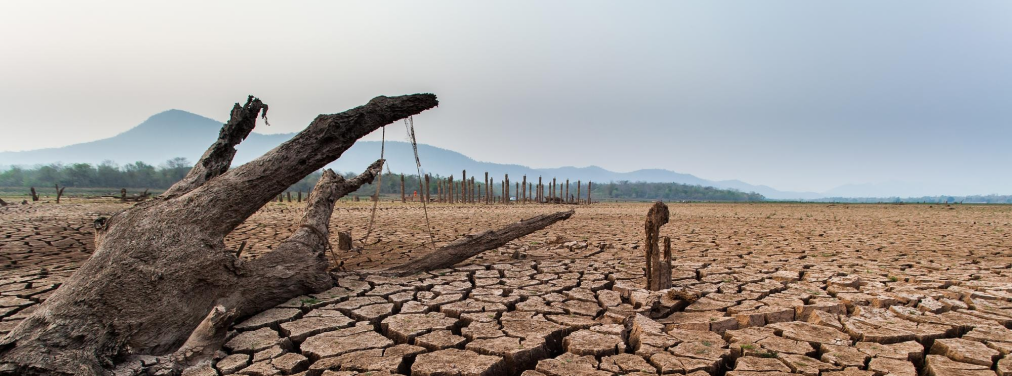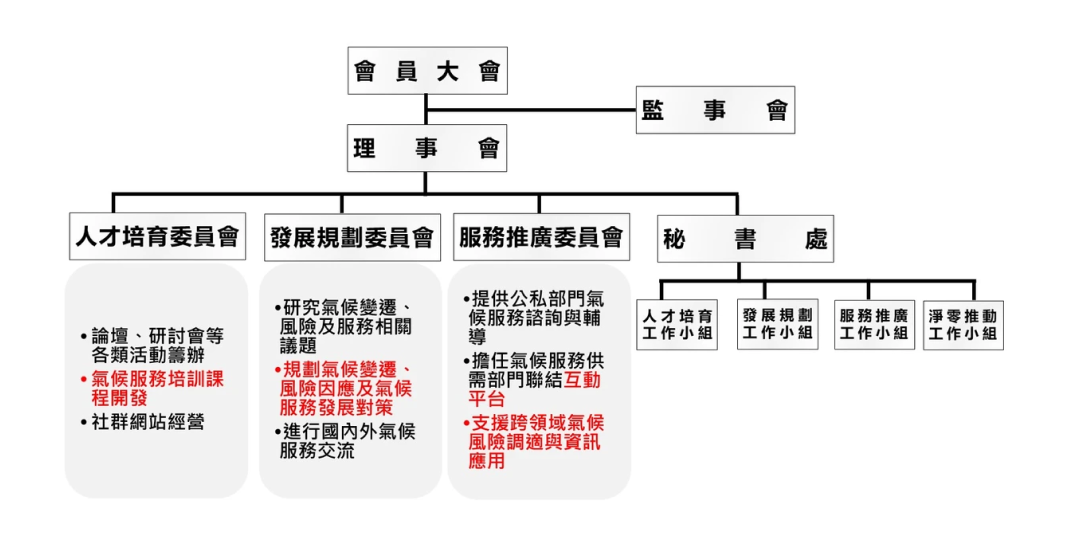
Background
The World Meteorological Organization (WMO) recognizes the continuous impact of global warming on extreme weather events, affecting people's lives and industrial development. In response, the WMO has proposed initiatives such as the Global Framework for Climate Services (GFCS) and the Global Weather Enterprise (GWE) to foster collaboration among meteorological agencies across various sectors. These initiatives aim to help countries understand the impacts of climate change and implement appropriate response measures.
Additionally, technological breakthroughs have led to the integration of meteorological data into industry development and decision-making processes, resulting in a growing demand for meteorological information. To enhance overall socioeconomic benefits, it is essential for sectors including industry, government, academia, research, and finance to cooperate and support the establishment of intermediaries and facilitators. Accelerating public-private collaboration is imperative to promote climate services and advance the development of the meteorological industry.

Aims and Objectives
With meteorological science, climate change research, and climate service development at its core, TCSP strives to foster stronger collaboration between the public and private sectors, raise public awareness of climate services, cultivate a thriving climate service market, and maximize its value. The ultimate objective is to fortify climate resilience across diverse sectors in Taiwan.
Vision and Tasks
The TCSP is a platform for connecting and collaborating between climate service providers and users. Its goals are to raise awareness and demand for climate services, foster the development and expansion of Taiwan's climate services industry, and enhance the country's climate service system and support for climate risk adaptation. The future work and key tasks of the alliance include:
- 1. Strengthening the recognition of climate issues and raising awareness of climate change risks and impacts across various sectors.
- 2. Promoting the value-added utilization of meteorological data, offering climate service consultation and guidance.
- 3. Promoting dialogue and exchange in the field of meteorology, fostering connections and coordination between the providers and users of climate services.
- 4. Advancing the development of climate services and conducting research on industry strategies, with a focus on providing policy recommendations.
- 5. Promoting the internationalization of domestic climate services and facilitating international exchanges and cooperation.
- 6. Organizing educational programs and talent development initiatives in the field of environmental and climate services.
- 7. Conducting research, facilitating collaboration and exchanges, and providing certification and licensing services for government and private sector commissioned projects.
- 8. Other matters relevant to the objectives of this alliance.

Organizational structure
In line with the objectives and tasks of TCSP, the alliance has established three committees under the Board of Directors: the Development Planning Committee, the Service Promotion Committee, and the Talent Cultivation Committee. Corresponding working groups have also been set up under the Secretariat to carry out the assignments and operations of each committee.
Furthermore, in response to the Taiwanese government's official announcement of the 2050 Net Zero Emission Policy Roadmap, an additional working group, the Net Zero Promotion Task Force, has been established under the Secretariat. This working group aims to identify climate service opportunities in support of the government's efforts in implementing the net zero pathway policy

History (The Following Schedule is For the Year 2021)

